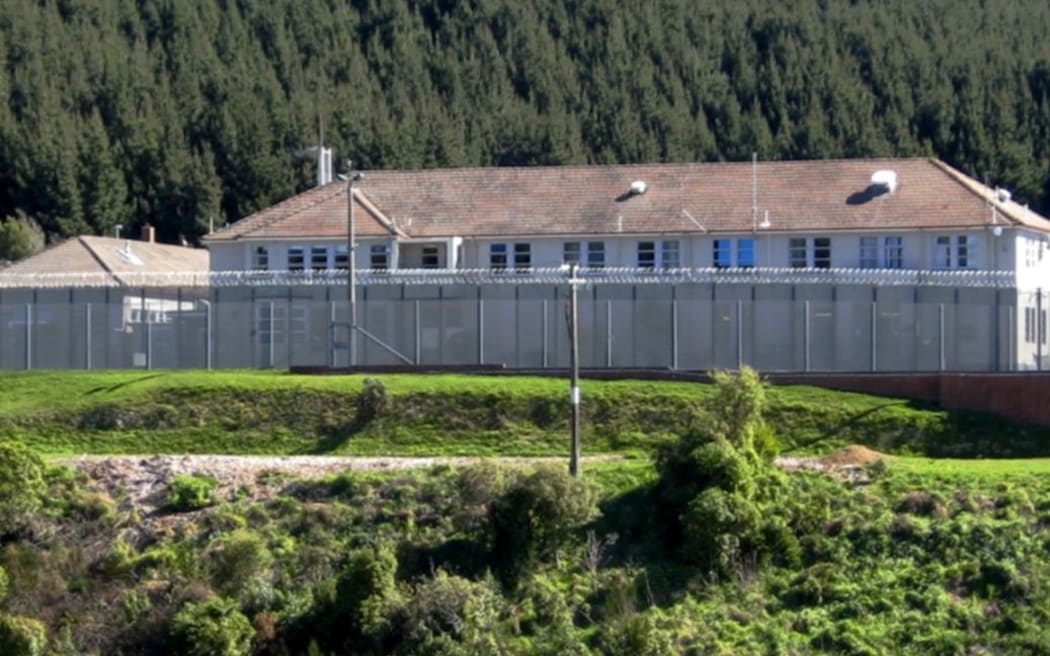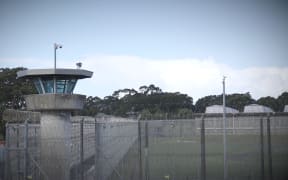
Only five women had been returned to Arohata Prison. Photo: Wikimedia Commons
Twenty-five female inmates who were moved because of prison staff shortages in Wellington still have not been sent back, despite a High Court ruling in August which found such transfers were unfair.
Corrections said 69 women had been transferred from Arohata Prison since September last year. They were moved to the country's only two other female prisons - Christchurch Women's Prisons and Auckland Region Women's Corrections Facility.
Deputy national commissioner Brigid Kean said 39 had since been released back into the community. However, of the 30 women still in prison, only five had been returned to Arohata.
"Corrections will continue its work to safely and lawfully manage people in prison," Kean said.
"Please note that a small number of these women moved because they requested to, or in order to undertake a rehabilitation programme at a different site."
Corrections did not confirm whether it planned to relocate the remaining women who had been transferred, saying it was limited in what information could be provided because of ongoing court proceedings.
In August, the High Court ruled Corrections had broken the law and discriminated against women by transferring some prisoners.
It found Corrections failed to consider the women's personal circumstances when deciding to move them, as it did for male prisoners. The decision meant female inmates were sentenced away from their whānau and communities, and could not access the only residential drug treatment programme available to women, the judgment said.
It ruled the discrimination caused disadvantage and was not justified because the Crown had not shown the staffing crisis was beyond its ability to earlier control.
A lawyer for the women earlier told RNZ many of the women were mothers, whose children lived in the lower North Island.
Amanda Hill said while families could theoretically visit the prisoners in other regions, in practice, many could not afford to travel that far.





